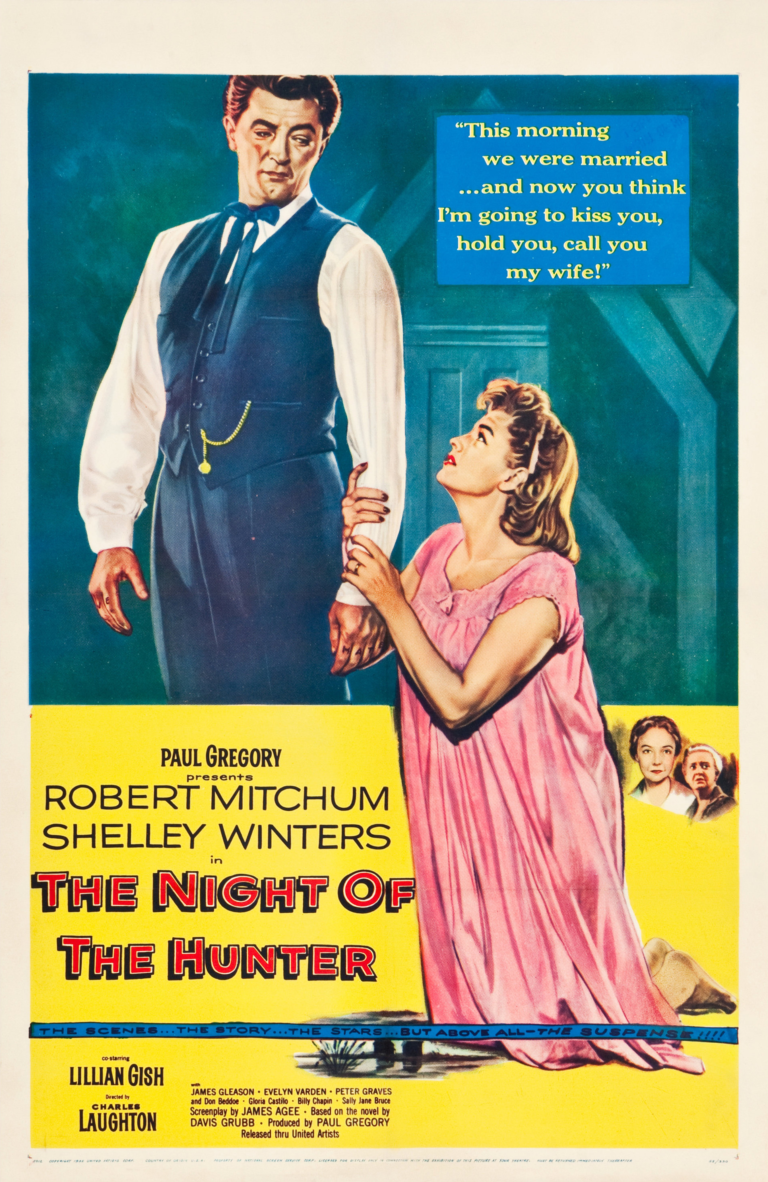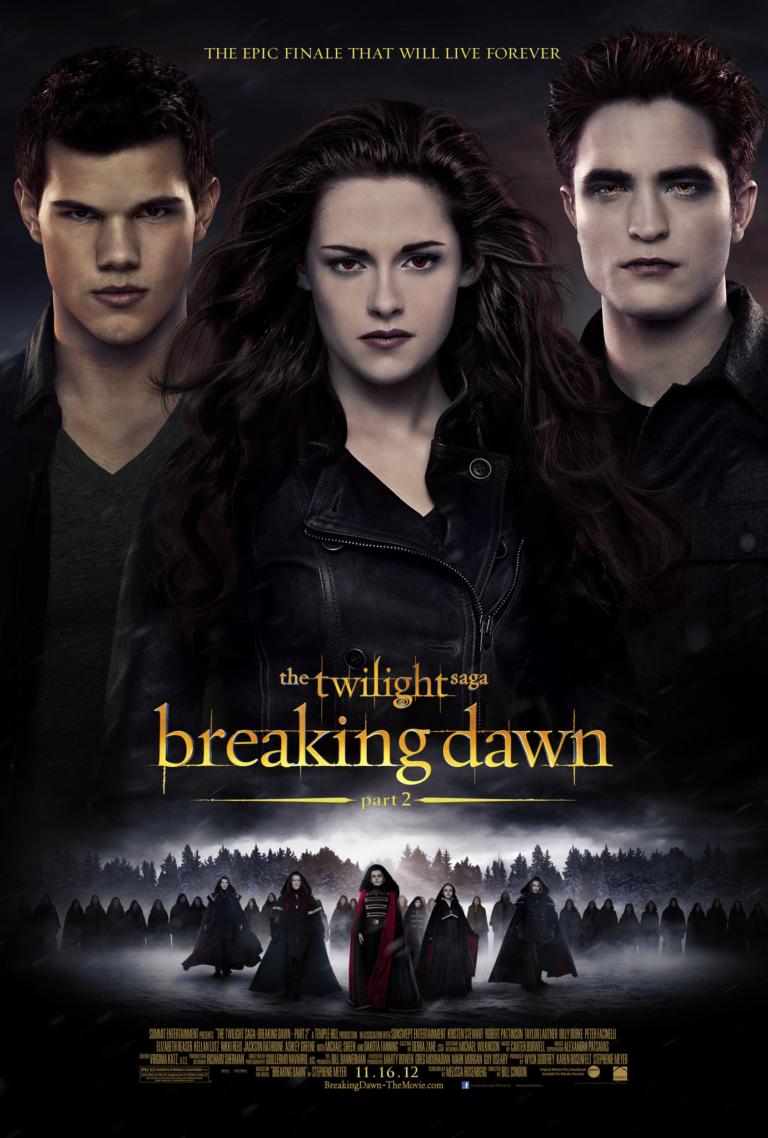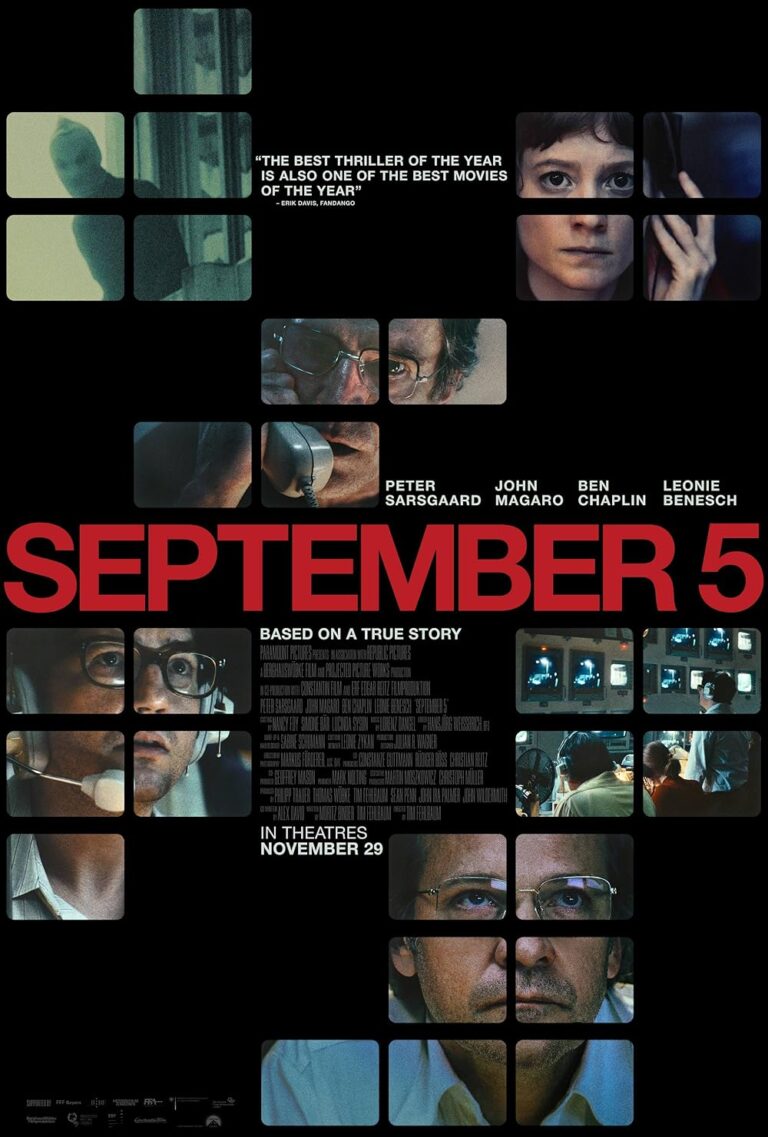Mank Christian Review

Imagine a world of dreams, secrets, and untamed ambition—where glitz and glamour mask deceit and decay. This is the realm that Mank brings to life, but don’t be fooled by the nostalgic allure of black-and-white frames or the sparkle of old Hollywood’s Golden Age. David Fincher’s Mank is no ordinary film, nor is it just a story about the making of Citizen Kane, a movie that’s long been touted as the greatest of all time. No, this is something much richer and rawer. It’s a film that rips the velvet curtain off Hollywood’s most glorified era and lays bare its complexity. It captures the messiness of real people, the moral grayness of ambition, and the devastating price of genius.
But this isn’t some hatchet job on the movie industry or a simple biopic about a booze-soaked writer named Herman J. Mankiewicz. Fincher’s Mank is a story within a story—about a man who both despised and was entranced by the very system he was a part of. It’s about selling your soul one script at a time and waking up one day to realize you don’t recognize yourself in the mirror. And while it may feel like a love letter to old Hollywood on the surface, beneath the shimmering polish, it’s more of a lament. The sheen of success? It’s just veneer. Scratch at it, and you find rot.
Who Is the Real Mank? A Writer Trapped Between Brilliance and Despair
Herman J. Mankiewicz, or just “Mank” as he’s known, is played by Gary Oldman with a kind of weary energy that feels simultaneously defiant and defeated. He’s the guy who’s always got a joke on his lips and a drink in his hand—a man whose genius is as apparent as his self-loathing. He’s a paradox, really: a cynic who still yearns to make something meaningful, an outsider who’s been swallowed whole by the very industry he mocks.
As a writer, Mank was one of the sharpest minds in Hollywood, but what did it get him? The admiration of his peers? Sure. A legacy of greatness? Maybe. But also, a broken body, a fractured spirit, and the hollow realization that the very people who needed him most were also the ones who would never let him claim what was his. In Mank, we see him wrestle not just with the script of Citizen Kane, but with his own regrets and grudges, trying to pour his disillusionment into words that might outlive him.
For Christians, this inner turmoil is all too recognizable. The battle between the flesh and the spirit, between our highest aspirations and our basest instincts—Mank embodies it all. He’s Solomon with a typewriter, chasing wisdom and pleasure, knowing that both are vanity.
Hollywood’s House of Mirrors: A World of Illusion and Control
Fincher’s Hollywood is not a land of clear heroes and villains. It’s a hall of mirrors where everyone’s motives are distorted. There’s William Randolph Hearst, the media mogul whose power shapes public opinion like a sculptor with clay. And then there’s Marion Davies, played with surprising depth by Amanda Seyfried—a woman who seems at first to be just another pretty face but is, in fact, much sharper and more self-aware than anyone gives her credit for.
Through Mank’s eyes, we see these characters as both larger-than-life figures and deeply flawed individuals. Hearst, for all his wealth and influence, is driven by insecurity. He craves control, not just of the press but of people’s perceptions. He doesn’t just want to own the narrative; he wants to be the narrative. And Marion? She’s caught between playing the role of the ditzy mistress and clinging to the scraps of her own identity.
But Mank doesn’t demonize or glorify them—it simply presents them as they are. And in doing so, it reminds us of a profound truth: that even the most powerful people are still just people. They’re not gods or devils; they’re not caricatures. They’re sinners in need of grace, just like the rest of us.
The Battle for Integrity: A Story That Hits Close to Home
One of the film’s central themes is the battle for artistic integrity. It’s something that Mank struggles with deeply. When he writes Citizen Kane, it’s not just about making a good film. It’s about speaking truth to power. It’s about exposing the lies and corruption that everyone else is too afraid to touch. But doing so means making enemies. It means putting his career—and his life—on the line.
For believers, this struggle is achingly familiar. How do you stay true to what’s right when the world around you is screaming for compromise? How do you stand firm when everyone else is bowing to idols of power, money, and prestige? In many ways, Mank’s journey mirrors that of countless Christians who’ve had to choose between faithfulness and safety, between telling the truth and keeping the peace.
Mank chooses the harder path. But it’s not without cost. He loses friends. He’s ridiculed. He’s shunned by the very people who once sang his praises. And in the end, his masterpiece is overshadowed by the myth of Orson Welles, the director who took most of the credit. Mank dies a bitter man, but not a broken one. He knows he spoke the truth, and that knowledge sustains him, even as everything else falls apart.
A Testament to Brokenness: Beauty and Despair Intertwined
Visually, Mank is stunning. The crisp black-and-white cinematography is both a homage to classic cinema and a symbolic gesture. Hollywood, after all, loves to see itself in shades of grey—both literally and morally. The film’s aesthetic is pure eye candy, but it’s also laced with melancholy. It’s beautiful, yes, but it’s also cold. For every dazzling shot, there’s a reminder that what we’re seeing is an illusion.
The contrast between the polished glamour of the studios and the gritty reality of Mank’s life is stark. He’s writing one of the greatest films of all time from a hospital bed, his body wrecked by years of alcoholism and neglect. He’s creating art that will endure while his own life crumbles around him. It’s heartbreaking, really, and it forces us to confront the harsh reality that beauty and despair often go hand in hand.
Is It Worth It? The Ultimate Question of Mank
In the end, Mank isn’t about whether or not Citizen Kane was the greatest film ever made. It’s about something much deeper. It’s about what it means to pour yourself into something bigger than yourself, to create art that matters, even if it means destroying yourself in the process. It’s about the price of genius and the pain of knowing that your greatest achievements will never be fully appreciated.
For Christians, there’s a bittersweet lesson here. Our worth doesn’t come from what we create, but from who we are in Christ. But that doesn’t mean we’re immune to the temptations of pride and ambition. Like Mank, we often find ourselves striving for recognition, aching for validation. And like him, we can lose ourselves in the process.
A Rating for Mank: 9/10 for Unflinching Honesty
Mank is a film that’s hard to categorize and even harder to forget. It’s messy, it’s flawed, and at times, it’s frustratingly opaque. But that’s what makes it so powerful. It’s not trying to be perfect. It’s trying to be real. It’s a film that invites us to look at our own lives and ask the tough questions: What are we striving for? What compromises have we made? And is it worth it?
So, I give Mank a solid 9 out of 10. It’s not a film for everyone, but for those who dare to look deeper, it’s a masterpiece. Because in the end, the story of Mank is the story of all of us—broken people, reaching for something true in a world that’s full of lies.






